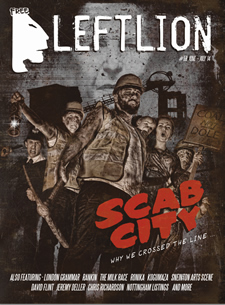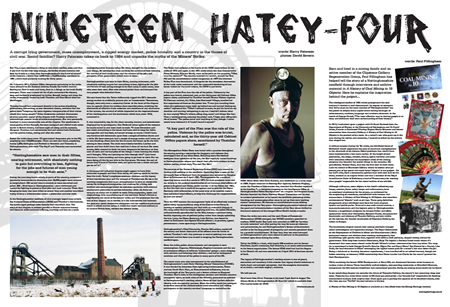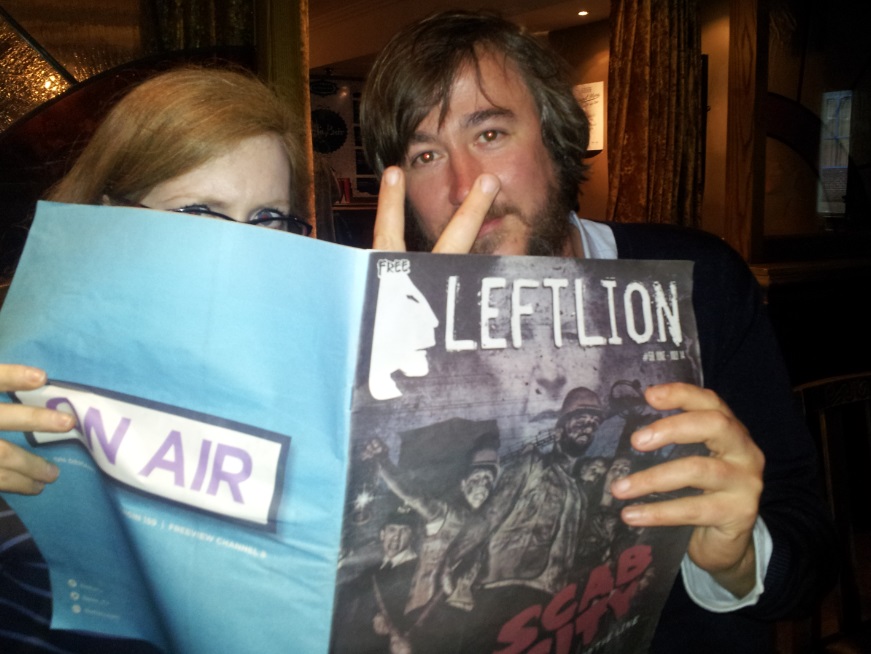Robin Vaughan-Williams, the former Development Director of the Nottingham Writers’ Studio, is back in town for the Festival of Words. In this guest blog post he gives us a little teaser of what to expect…
Under three weeks to go now till Skype Nottingham on 18 October, and the programme is shaping up nicely. I’ve been enjoying some fascinating Skype conversations with participants in Brazil, Germany, and Austria, and am excited about their plans for the evening.
A couple of days ago I spoke with Reuben da Cunha Rocha, who took part in World Event Young Artists (WEYA) in 2012 and stole the show at the Festival of Words launch event that September with his incantational and, to my mind, slightly hallucinatory sound poetry inspired by the tribal rhythms he’d discovered on an island off the north-west coast of Brazil.
WEYA was an amazing festival, bringing together some 1,000 young artists from around the world, including 30 writers. There was enormous energy over the ten days as artists from different cultures discovered one another’s work and started to collaborate and make new connections. Then everybody went home. So it was wonderful to hear that WEYA had had a lasting impact for Reuben, as he’d been encouraged to go on developing the kind of work he’d presented at the festival, and had gone on to collaborate further with several of the artists he’d met at WEYA. Now he’s coming back to Nottingham this October, two years on, and, coming full circle, I’m looking forward to seeing what he has to offer us.
I’ve also spoken with Klaus Tauber in Vienna and Johann Reisser, who lives in Berlin but is currently undertaking a residency in the German city of Rottweil. I’m pairing Klaus with Leicestershire poet Mark Goodwin, as although they don’t know each other, they are linked by the Austrian poet Karin Tarabochia. Karin is part of a group curated by Mark on SoundCloud called Air to Hear, which collects digitally produced sound and poetry, and Klaus will be incorporating Karin’s voice into his performance for Skype Nottingham, which he’ll be presenting live from the roof of the Vienna Volkstheater.
Johann Reisser organised an impressive event recently called Katastrophen /Formen, which involved bringing together WWI poetry from fourteen different countries for a staged reading. One of the things that interested him was how poets responded differently to the First World War in different countries. For example, I tend to think of British poetry from World War One as using conventional forms such as the sonnet to convey their traumatic content. But if you take a look at the poetry of German Expressionist August Stramm, translated here by Alistair Noon, you’ll see a very different, much more experimental approach to war poetry. The way his tornado-shaped forms wither down from top to bottom captures for me the whittling down of existence, and indeed of language, and the disorienting syntax suggests the disorientation of war.
Johann will be reading a poem on WWI by the poet Thomas Kling, who died in 2005, and I’ve paired him up with Ian Douglas, whose highly praised story of disaster in the North Sea, ‘Dead in the Water’, was included in the graphic fiction anthology To End All Wars. I hope this juxtaposition will give us a taste of the different ways that WWI is remembered in Germany and the UK.
Skype Me! Nottingham and the World takes place on Saturday 18 October 2014, 9–11pm at Nottingham Writers’ Studio (25 Hockley, NG1 1FP) as part of Nottingham Festival of Words. Tickets are £5 and available from the Nottingham Playhouse Box Office, online or by phone (0115 941 9419).




